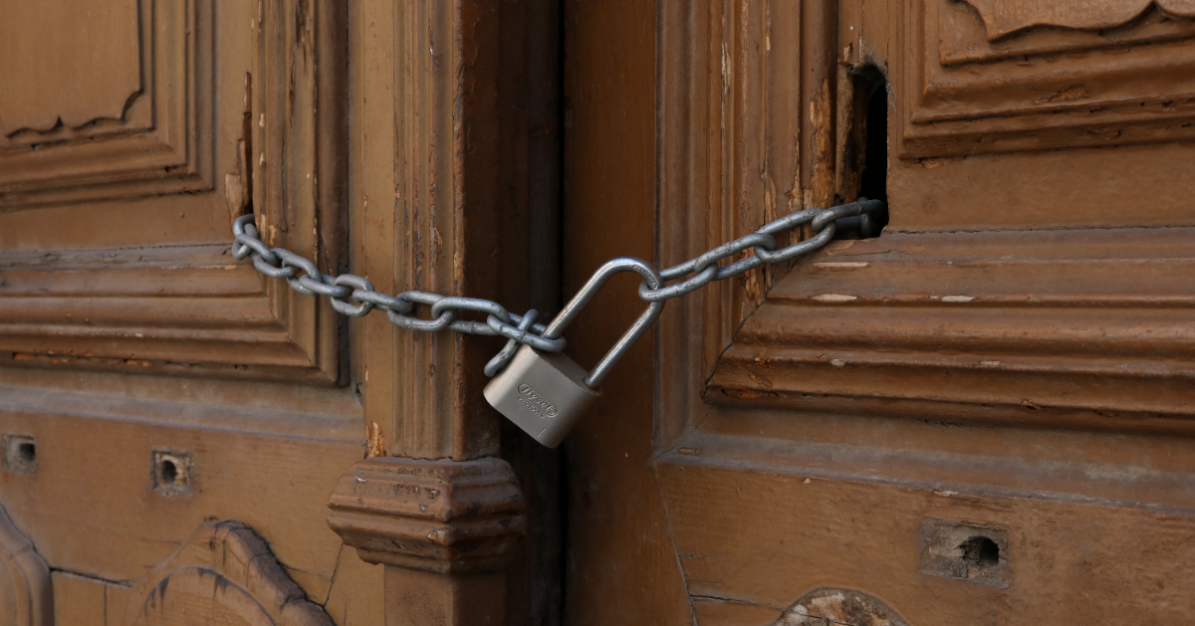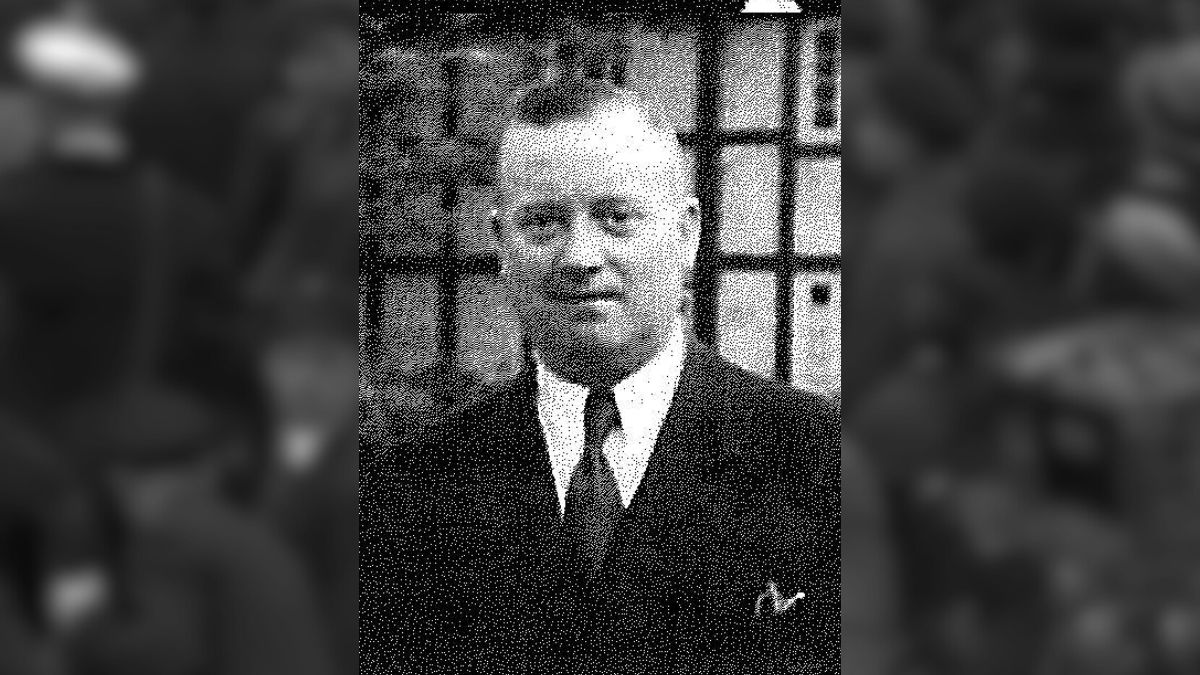

Religious Freedom and the Coronavirus
Insights from the Alliance Defending Freedom
04/14/20
John Stonestreet and Roberto Rivera

The media narratives that have emerged from the COVID-19 pandemic are varied. Some, like the lack of supplies for medical personnel and first responders, are important. Others, like the stories about churches and their defiant pastors who refuse to comply with physical-distancing and stay-at-home orders, are mostly selective and overblown.
Of course, there are a few churches and pastors behaving badly. A few. A very few. Less than one percent, in fact. To suggest that they are representative of all Christians is both misleading and slanderous.
Also largely ignored in so many of the stories about these churches is the fact that in many towns, counties, and states, the stay-at-home orders are confusing. Some are even illegal.
Understandably, many Christians struggle to know how to take the alarming headlines about pastors being arrested, and many churches and Christian ministries struggle to know how to carry out their mission at this time.
Kristen Waggoner, vice-president of the Alliance Defending Freedom, told me that ADF is receiving about 100 calls a day from churches and other ministries about COVID-19 related issues, asking for help in understanding and complying with federal, state, county, and municipal orders.
That regulations are being issued at four levels of government is just one of the potential problems. The orders not confusing and inconsistent are, at times, being applied and enforced inconsistently, or in ways discriminatory against the free exercise of religion.
The most important thing to remember, as Waggoner stated emphatically during the podcast, is that First Amendment rights cannot be suspended permanently. This is why the threat from New York City Mayor Bill de Blasio to permanently close some churches even after the crisis is manifestly absurd.
Two main requirements must be met for any infringement on religious freedom, including during a time of national or local emergency. First, any infringement must advance a compelling state interest and, second, it must be done in the least restrictive way possible.
What constitutes a “compelling state interest” will, of course, vary according to the circumstances. For example, the government could have a compelling interest to limit how people can gather during an emergency or, even, how many people can gather, though this would infringe on religious liberty. That’s what the Kansas Supreme Court ruled over the weekend.
The orders, however, must be clear. A person should be able to understand what is and what is not restricted without having to hire a lawyer. According to Waggoner, many of the COVID-19 restrictions fail this clarity test, especially at the local level.
Unclear restrictions make inconsistent enforcement by government nearly inevitable. This is especially true when local officials have an agenda and see an opportunity to take advantage of a crisis to crack down on groups that they don’t like, including religious ones. For instance, in Charlotte and Greensboro, North Carolina, believers were arrested for praying outside abortion clinics, even though they were obeying local distancing orders.
Last week, the mayor of Louisville, KY, inexplicably attempted to bar a church from holding a drive-in service, a service where no one gets out of their car. A federal judge sided, scathingly so, with the church, writing in his opinion that “On Holy Thursday, an American mayor criminalized the communal celebration of Easter. That sentence is one that this Court never expected to see outside the pages of a dystopian novel, or perhaps the pages of The Onion.”
I was encouraged when Waggoner told me that, most of the time, a simple letter written to state and local officials pointing out problems or seeking clarification in their orders, is all it takes. The professionalism of Alliance Defending Freedom is one of their best tools, but they are pretty good in court too.
Even in the best of times, guarding our First Amendment freedoms can be an uphill battle. And these are not the best of times. That’s why I am grateful that Kristen Waggoner and ADF are there to help guide us through these confusing times.
My interview with Kristen Waggoner is live on the BreakPoint podcast.
Topics
Christian Living
Christian Worldview
church issues
Culture/Institutions
Freedom of Religion/Speech
Health & Science
Religion & Society
Trends
Resources:
Religious Freedom During the Coronavirus–and Beyond
John Stonestreet & Kristen Waggoner | BreakPoint Podcast | April 13, 2020
Judge: Kentucky Church Can Conduct Easter Drive-In Service
The New York Times | April 11, 2020
Have a Follow-up Question?
Up
Next

Related Content

© Copyright 2020, All Rights Reserved.













